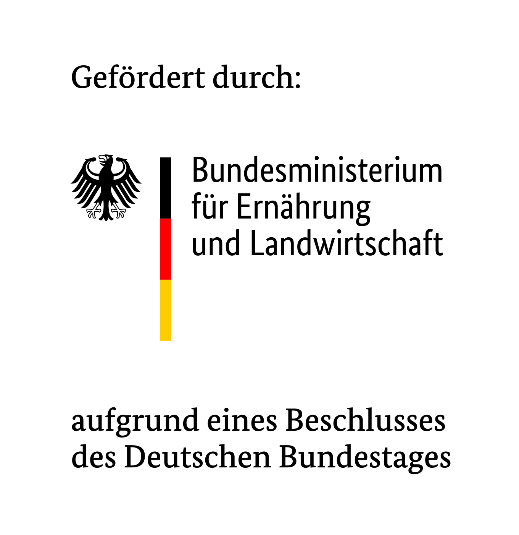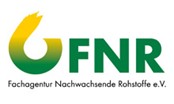Paludiculture in practice: optimising cattail and reed cultures

Project background
Paludiculture is receiving increasing political attention. As a land use concept for wet and rewetted peatlands, it combines the productive use of peatlands with the preservation of the peat, thus minimising height loss, soil degradation and CO2 emissions. In addition, the rewetting of peatlands improves the provision of ecosystem services such as water retention, evaporative cooling, nutrient retention and creates substitute habitats for peatland-typical species.
However, even for well-known and partly traditionally used species such as reed and cattail, there is still a considerable need for research and development along the entire production chain. There is a lack of field-scale implementation areas which are essential for economic and ecological evaluation.
Aims of the project
In the joint project Paludi-PROGRESS, the cultivation of cattail (Typha spp.) and reed (Phragmites australis) as new permanent crops on wet peatlands is being tested and further developed. The biomass has a high value creation potential based on a material use in construction and insulation.
The Working Group Landscape Economics is responsible for the work package "Production procedures and economic evaluation". Gaps in knowledge will be filled based on the cattail cultivation trial near Neukalen/Mecklenburg-Vorpommern (approx. 10 ha), considering further pilot areas, as well as by incorporating knowledge on harvesting reed for thatching as a traditional paludiculture. It will also be assessed to what extent the new agricultural subsidies from 2023 and the remuneration of ecosystem services will influence the economic viability of cropping paludiculture. The exchange of knowledge with other pilot areas and the transfer of knowledge on the implementation of paludiculture, e.g. through excursions, field days and workshops, will be a key concern.
Title:
Paludi-PROGRESS - Paludiculture in practice: Optimisation of cattail and reed cultures.
Funded by:
Federal Ministry of Food and Agriculture (BMEL), Fkz. 2221MT009A.
Duration:
01.09.2022 to 31.08.2025
Projectlead at the University of Greifswald:
Lead of the subproject:
Management of the subproject:
Collaborating partners:
- University of Greifswald, Institute for Botany and Landscape Ecology
- Contractor R&D: Consortium Dr. Matthias Lampe & biota - Institute of Ecological Research and Planning GmbH
- State Research Institute for Agriculture and Fisheries Mecklenburg-Western Pomerania
Funded by:


